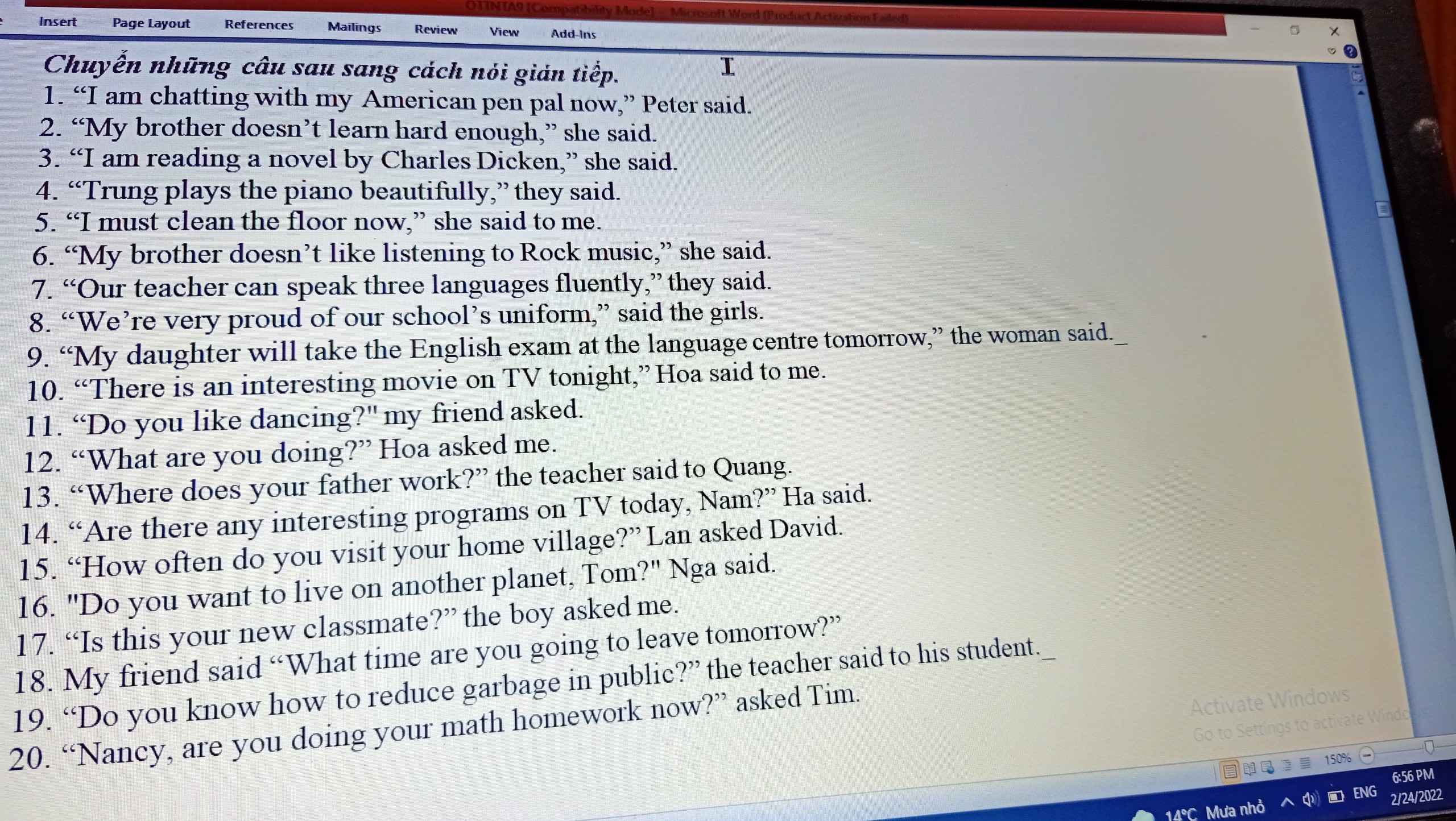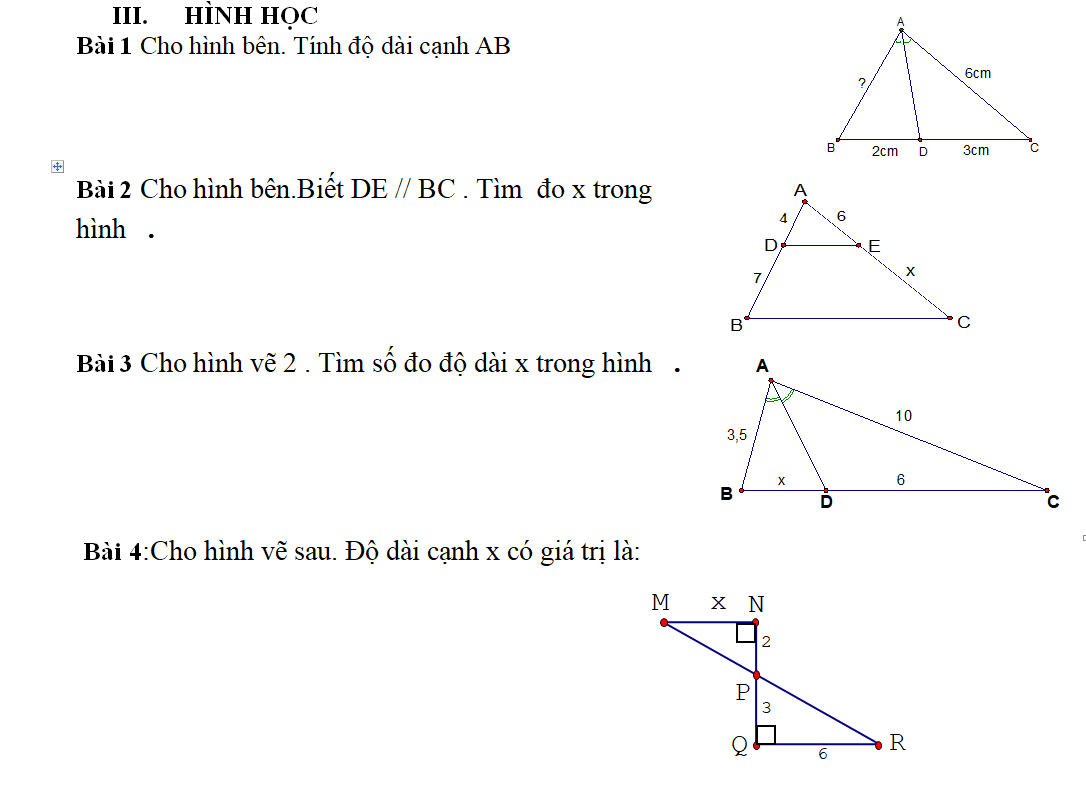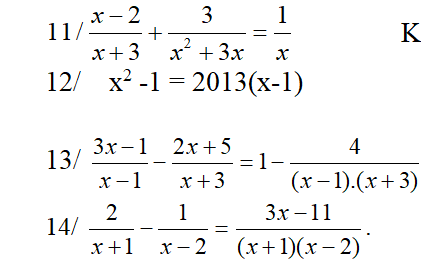III.Supply the correct word forms.
1. The air in the city is very .......................... (pollute).
2. Please listen to the lecture ........................... (care).
3. The accident happened because of driving ....................... (care).
4. He is going to ............................ all the bags (collection).
5. She has .................... provided a picnic lunch for us ( kind).
6. We’ll make this beach clean and .......................... again ( beauty ).
7. If the ........................ continues, what will happen ? ( pollute).
8. He was ................... that they were not coming (disappoint).
9. Air and water ........................ can make people fall ill (pollute).
10. A large number of inhabitants have made ........ on how to protect the environment (suggest)
IV. Read the passage and choose the best answer from A, B, C, or D.
Parents send their children to school to prepare for the time when they grow up. Children learn their native language so that they will be able to communicate fluently with other people around them. Moreover, they can preserve the valuable culture and literature of their country. They learn foreign languages in order to benefit from other countries’ heritage. The more foreign languages they learn, the more benefits they get. Children also learn math to calculate, geography to know about nature, and history to know about human beings and historical events. Nearly everything they study at school has some practical uses in their life.
1. Parents send their children to school to ________.
A. play better B. learn English C. prepare for their future D. make them grow up
2. Why do children have to learn their native language?
A. To learn foreign languages. B. To communicate fluently with other people around them.
C. To benefit from foreign countries’ heritage. D. To know about nature.
3. According to the passage, children learn history to know about ________.
A. people and historical events B. practical uses in life
C. events of the history D. the mankind
4. How many school subjects are mentioned in the passage?
A. Five. B. Seven. C. Six. D. Four.










